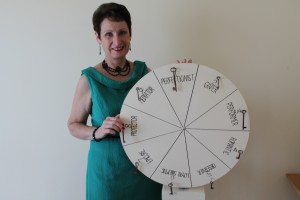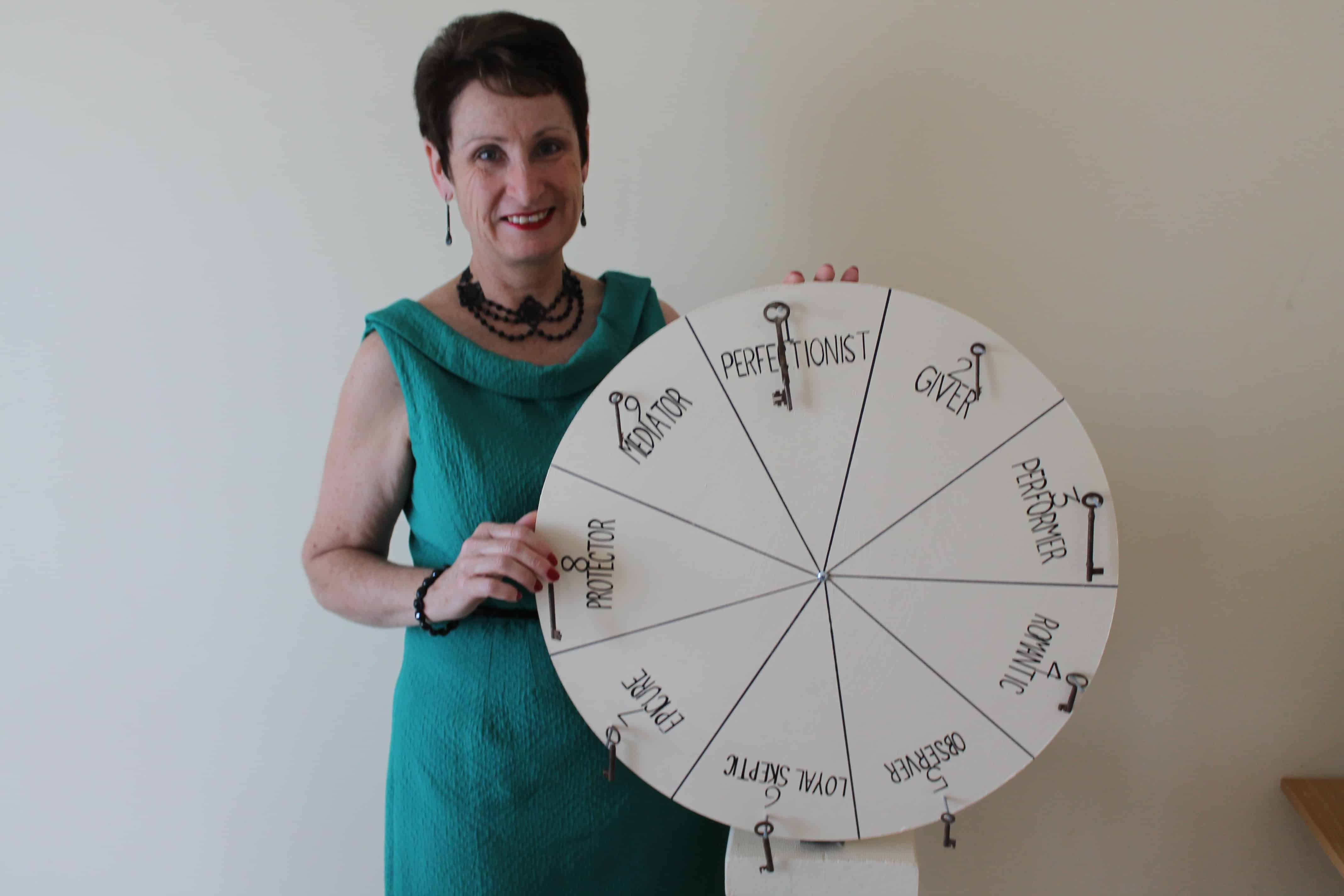 Are you in a relationship where your partner is quick to anger and insists on confronting the issue when you are not ready to? Do you struggle to understand why your partner ‘shuts down’ refusing to speak’, when you would prefer to deal with the issue immediately? Does your partner often take a certain course of action without consulting you, failing to understand why you get so upset about this? These scenarios are representative of some of the common complaints that couples bring to counselling. Our response to these dilemmas is something along the lines, ‘Why can’t you be more like me?’ In my recent article, ‘9 Keys to Strengthen and Improve Your Relationships’ I gave 9 keys or statements that indicate what personality type a person is. Each of these keys fall into one of 3 centres: the head-centre, the heart – centre or the gut- centre. I invite you to read the description of each of these and tick the points that apply to you. The centre with the most ticks is very likely to be the centre you predominantly operate from. You might like to invite your partner to do this same exercise and compare your responses.
Are you in a relationship where your partner is quick to anger and insists on confronting the issue when you are not ready to? Do you struggle to understand why your partner ‘shuts down’ refusing to speak’, when you would prefer to deal with the issue immediately? Does your partner often take a certain course of action without consulting you, failing to understand why you get so upset about this? These scenarios are representative of some of the common complaints that couples bring to counselling. Our response to these dilemmas is something along the lines, ‘Why can’t you be more like me?’ In my recent article, ‘9 Keys to Strengthen and Improve Your Relationships’ I gave 9 keys or statements that indicate what personality type a person is. Each of these keys fall into one of 3 centres: the head-centre, the heart – centre or the gut- centre. I invite you to read the description of each of these and tick the points that apply to you. The centre with the most ticks is very likely to be the centre you predominantly operate from. You might like to invite your partner to do this same exercise and compare your responses.
The Head- Centred person or Thinker (Keys 5, 6 & 7)
* Predominant emotion is fear. * Gives ground. * Indecisive – processing, analysing and weighing up all the data, the thinker acknowledges that life is not black and white but all shades of gray and that every perspective holds its own truth. * Action centre is underdeveloped. * Relys on outer authority, comfortable with rules, structure and authority . * Basic life instinct is to be empathic, attuned to the situation. * Basic life question is ‘Where am I?’
The Gut-Centred person or Feeler (Keys 8, 9 & 1)
* Predominant emotion is anger but they have little control over it. * Have difficulty listening and absent-minded. * Holds their ground; planted;rooted. * Decisive – ‘yes means yes and no means no’. * Low value of perception, therefore least developed. * Relys on their own inner authority, having high expectations of self that is dictated by ‘shoulds’ and ‘oughts’. * Basic life instinct is survival. * Basic life question is ‘ How safe am I ?’
The Heart-Centred person or Doer (2, 3 &4)
* Most in touch with their action centre, and have an instinct for imitation. * Feeling centre is underdeveloped, being most out of touch with anger. * They take ground, having a lack of psychic boundaries, moving in to the psychic space of others. * Their predominant emotion is anxiety. * Basic life instinct is relationships, understanding others through analysis. * Basic life question is ‘Who am I with?’
For your relationship to truly benefit from this knowledge, it is not enough to have insight into the differing way you each function. For change to occur, you must be willing to be more accepting of the way your partner functions and prepared to work on those aspects of your own functioning that have a negative impact in your relationship. This is never easy because it forces you to stretch yourself in ways that you will experience as uncomfortable and unfamiliar. When both people in a relationship choose to do this, change begins to heppen. I encourage you to seek the support of a professional counsellor who will help facilitate this growth process in your relationship.
Do you want to develop a healthier, happier relationship? Contact Colleen on 0434 337 245 or Duncan on 0434 331 243 for a FREE 10 minute consultation on how we can best help you or book online now.

Leave a Reply